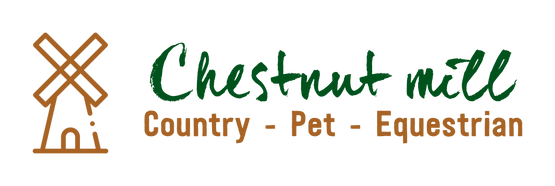Equine nutrition is a vital aspect of maintaining the health and well-being of your horse. Understanding the essential nutrients that your horse requires can significantly impact its overall performance and longevity. Horses need a balanced diet that includes a variety of nutrients such as carbohydrates, proteins, fats, vitamins, minerals, and water.
- Carbohydrates are the primary energy source, typically derived from forage such as hay and grass. They help sustain energy levels and support digestive health.
- Proteins are crucial for muscle development and repair. They are made up of amino acids, some of which are not naturally synthesized by the horse and need to be supplied through diet.
- Fats provide a concentrated energy source and are easily digestible. They are beneficial for horses with high energy requirements.
- Vitamins and minerals play numerous roles such as supporting the immune system, bone formation, and aiding nerve and muscle function. For instance, calcium and phosphorus are essential for strong bones, while selenium and vitamin E are important for muscle health.
- Water is often overlooked but is essential for virtually every physiological process in the horse’s body. Horses should always have access to fresh, clean water.
Tailoring Feeding Plans for Different Activity Levels
Each horse is unique, and their feeding plans should be customized based on factors such as age, weight, activity level, and health status.
- Maintenance Needs: Horses that are not active or older might have lower energy requirements. A diet primarily based on good-quality forage with minimal concentrates is typically sufficient.
- Light to Moderate Activity: Horses engaged in regular riding or light work require additional energy to support their activities. This can be achieved by incorporating a balanced mix of forage and concentrates.
- High Performance: Horses that participate in competitive events or intense training require higher energy intake to sustain endurance and strength. High-performance feeding plans often include tailored supplements and higher-fat feeds to ensure a balanced nutrient supply.
- Growth and Development: Young, growing horses need specialized diets rich in proteins, vitamins, and minerals to support their rapid growth and development. Ensuring the right balance helps prevent developmental disorders and ensures healthy maturation.
Choosing the Best Feed Options at Chestnut Mill
Chestnut Mill offers a wide array of equine feed options that cater to the various needs of your horses. Here are some tips for selecting the best feed:
-
Identify Specific Needs: Consider any specific requirements your horse may have, such as dietary restrictions or health conditions, and choose feeds that address these needs. Chestnut Mill provides specialized feeds, including low-starch and senior horse formulas.
-
Choose Quality and Reputation: Our products are sourced from respected brands known for their quality. We emphasize feeds that offer nutritional consistency and are free from harmful additives.
-
Seek Professional Advice: If you're uncertain about the most suitable options, consult with a nutritionist or veterinarian. Chestnut Mill staff can also guide you in selecting the right feed and supplements.
-
Monitor and Adjust: Regularly assess your horse's health and adjust the feeding plan as necessary. Factors like seasonal changes, workload adjustments, and health issues can affect dietary requirements.
By understanding the foundations of equine nutrition and leveraging the extensive product range available at Chestnut Mill, you can ensure your horse receives a balanced and nutritious diet, fostering optimal health and performance. Our commitment to quality and customer satisfaction makes us a reliable partner in your equestrian journey.

